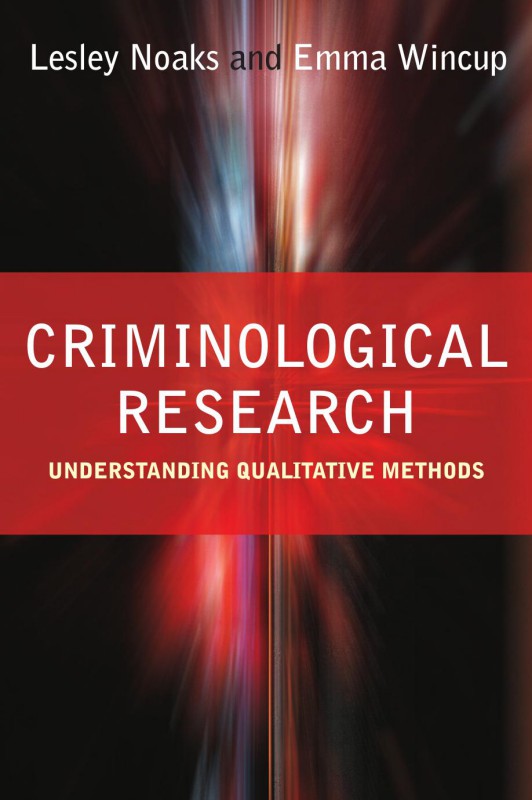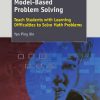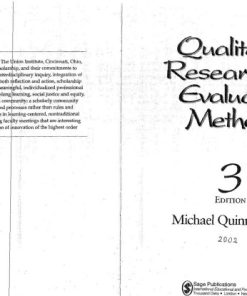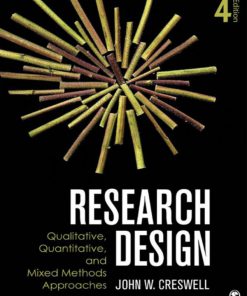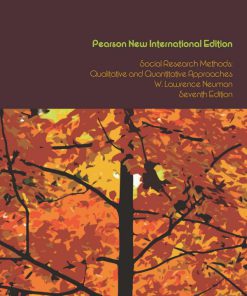(Ebook PDF) Criminological Research Understanding Qualitative Methods 1st edition by Lesley Noaks, Emma Wincup isbn 0761974075 978-0761974079 full chapters
$50.00 Original price was: $50.00.$25.00Current price is: $25.00.
Authors:Lesley Noaks; Emma Wincup , Series:Education [134] , Author sort:Noaks, Lesley & Wincup, Emma , Languages:Languages:eng , Published:Published:Feb 2004 , Publisher:SAGE
(Ebook PDF) Criminological Research Understanding Qualitative Methods 1st edition by Lesley Noaks, Emma Wincup- Ebook PDF Instant Download/Delivery. 0761974075 978-0761974079
Instant download Full Chapter of Criminological Research Understanding Qualitative Methods 1st edition after payment

Product Details:
ISBN 10: 0761974075
ISBN 11: 978-0761974079
Author: Lesley Noaks, Emma Wincup
′Noaks and Wincup′s book is useful primarily to criminology students for its clarity, use of illustrative case studies, exercises and end-of-chapter suggested further reading′
– The Howard Journal of Criminal Justice
Criminological Research offers a comprehensive guide to both the theory and practice of qualitative criminological research.
Through a detailed yet concise explanation, the reader is shown how a variety of methods and approaches work and how their outcomes may be interpreted. Practically focused throughout, the book also offers constructive advice for students analysing and writing their research projects.
Key features of the book include:
– An innovative framework – combining different methodologies and approaches
– A variety of `real-life′ examples and case studies – enriches the book for the reader
– A set of practical exercises and further reading sections in each chapter – pedagogical and student-focussed throughout
– A broad coverage – includes discussions of ethnography, interviewing, documentary evidence and data-analysis
– A detailed and practical discussion of the politics of research, such as issues of access, ethics and confidentiality
The book has a flowing narrative and student-friendly structure which makes it accessible to students. Written by experts in the field, it will be an invaluable resource for students and researchers, helping them to undertake effective research in both criminology and courses in qualitative research in related disciplines.
Table of Contents:
Part I: Foundations of qualitative research in criminology
1. Qualitative approaches to criminological research
2. The politics of researching crime and justice
3. Ethics in criminological research
Part II: The research process
4. Negotiating and sustaining access
5. Using existing qualitative data
6. Interviews and focus groups
7. Ethnography
8. Working with qualitative data: analysis, writing and dissemination
Part III: Being a qualitative researcher
9. Researching women’s experiences of electronic monitoring / Ella Holdsworth
10. Using focus groups to explore young people’s perceptions of fashion counterfeiting / Joanna Large
11. Researching with young people who are vulnerable and ‘difficult to reach’ / Kathy Hampson
12. Conclusion: becoming a qualitative researcher.
People also search:
journal of criminological research policy and practice
crim 7 criminological research 1
what is the importance of criminological research
the dynamics of criminological research
example of criminological research title

